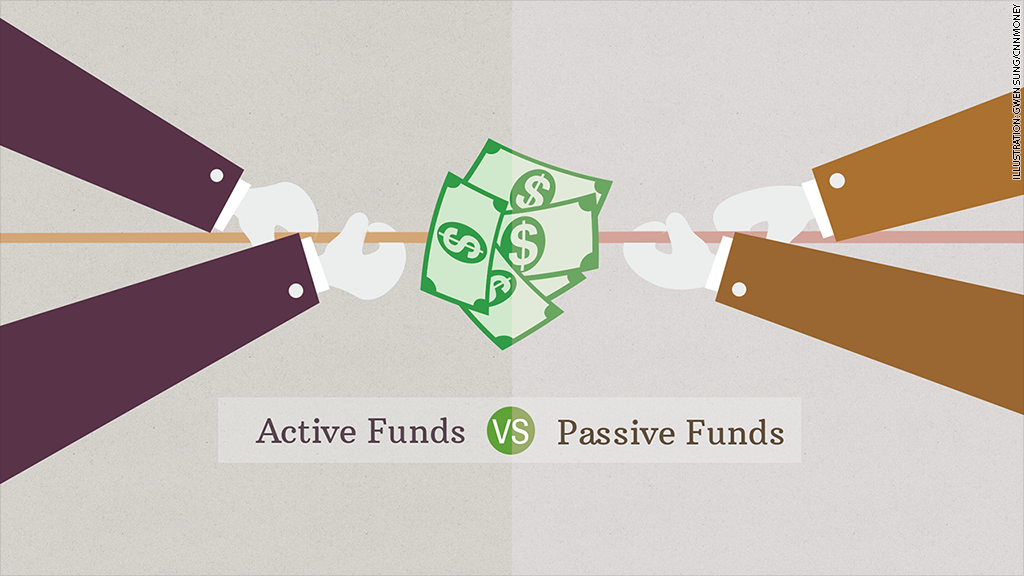What Type of Investor Are You?
Investment basically means, ‘Make money with money to become wealthy.’ As an investor, you are interested in Return on Investment (ROI).
You can either be an employee, self-employed or a business owner to be an investor. They all may be investors but they operate at different levels of cash flow and knowledge. For example: an employee invests money that grows with time. This is because the principle of compounding works with time. On the other hand, a business owner –when he buys a new business – is basically leveraging other people’s time to grow rich. We will look at this in more detail later.
Types of Investors
There are basically two types of investors:
Passive Investor
A passive investor is the one who is either an extremely busy person or a person who lacks the knowledge to make investments. These people either trust their money to fund managers or buy mutual funds to diversify the investment risk. This generally results in very slow growth of investment portfolio. In the majority of the cases, these investors only make money if the market is moving up. Their investment loses value if the market value of the investment goes down.
Active Investors
These are investors who take the effort of learning about investing. Most active investors take time to analyze and find deals that are below market value and therefore give higher returns. They actively follow the market trends and carry out both technical and fundamental analysis of their investment before buying. They make money irrespective of market dynamics, whereas passive investors are satisfied with a 10% growth in their investment each year an active investor looks for 20–50% or more. They understand risk and take steps to contain than risk.
Types of Investments
There are basically three types of investments:
Real Estate
This is simple, robust and most forgiving to mistakes. Property prices move very slowly and therefore do not require constant monitoring. Real estate investment also provides financial leverage that investing in stocks and businesses do not provide. It, however, requires a deposit and cash flow income for banks to approve your loan.
Stock Market
Investing in stocks requires knowledge to get started or you may land up losing your principal amount. You also have to monitor your investment regularly as stock prices fluctuate constantly.
You have to buy stocks at market value. They can never be purchased at a discount. There is very little financial leverage as banks hesitate to give loans against shares.
To make serious money out of stock market you have to become sophisticated and accredited investor. For this, you need assets worth $ 1 million and an annual income of over $200,000 in USA. This amount can differ in other countries. Once you are an accredited investor, you will be able to invest in securities that give higher returns but also carry higher risk.
If you have limited knowledge or no time then stick to buying mutual funds. Buy index funds that track markets such S&P 500 funds, BSE, ASX etc. These funds operate without interference from fund managers and carry no management load and therefore give higher returns. It may seem strange but statistics show that very few fund managers beat market on regular basis.
Businesses
This gives the highest returns if you can buy low performing businesses for cents to a dollar and turn them around for profit. However, you need to have experience as a business builder to turn around companies in your area of expertise. For inexperienced operators and first time buyers, it is advisable to either buy a reputable franchise business that have all the systems in place or a well-run business.
After you have gained experience in operating a business for couple of years and gained some confidence, you can look to buy businesses below their value and increase profitability by increasing the turn over and reducing costs through better management.




